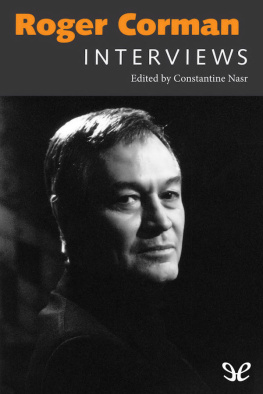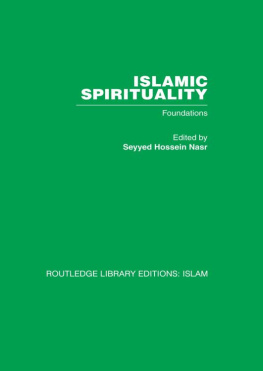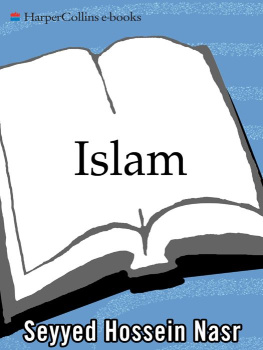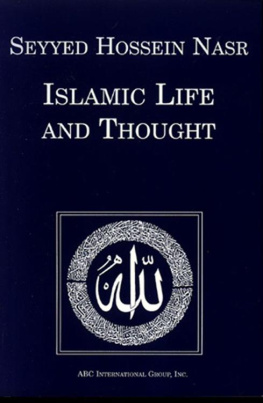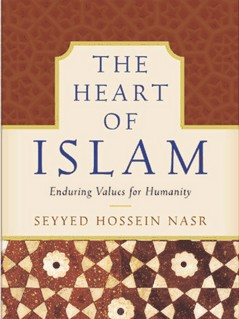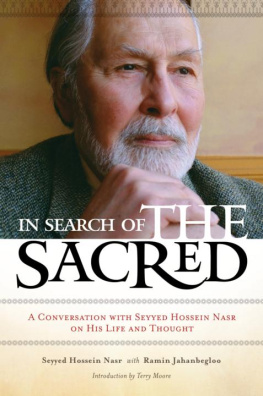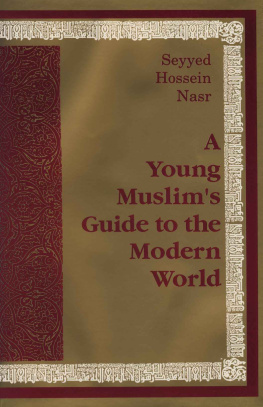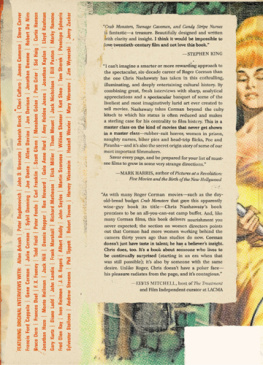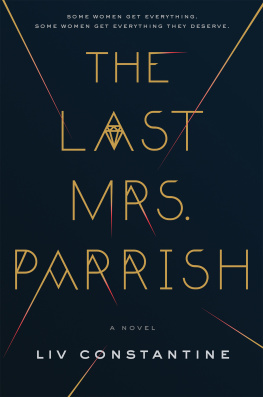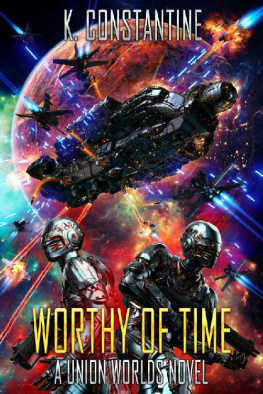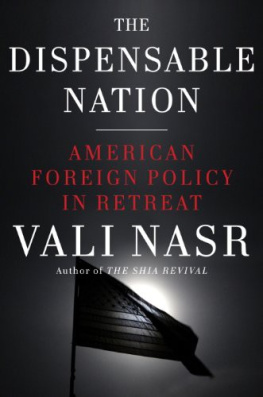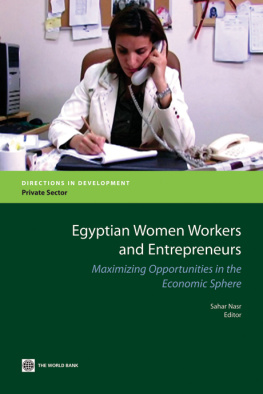Constantine Nasr - Roger Corman: Interviews
Here you can read online Constantine Nasr - Roger Corman: Interviews full text of the book (entire story) in english for free. Download pdf and epub, get meaning, cover and reviews about this ebook. year: 2011, publisher: ePubLibre, genre: Detective and thriller. Description of the work, (preface) as well as reviews are available. Best literature library LitArk.com created for fans of good reading and offers a wide selection of genres:
Romance novel
Science fiction
Adventure
Detective
Science
History
Home and family
Prose
Art
Politics
Computer
Non-fiction
Religion
Business
Children
Humor
Choose a favorite category and find really read worthwhile books. Enjoy immersion in the world of imagination, feel the emotions of the characters or learn something new for yourself, make an fascinating discovery.
- Book:Roger Corman: Interviews
- Author:
- Publisher:ePubLibre
- Genre:
- Year:2011
- Rating:3 / 5
- Favourites:Add to favourites
- Your mark:
- 60
- 1
- 2
- 3
- 4
- 5
Roger Corman: Interviews: summary, description and annotation
We offer to read an annotation, description, summary or preface (depends on what the author of the book "Roger Corman: Interviews" wrote himself). If you haven't found the necessary information about the book — write in the comments, we will try to find it.
Roger Corman: Interviews — read online for free the complete book (whole text) full work
Below is the text of the book, divided by pages. System saving the place of the last page read, allows you to conveniently read the book "Roger Corman: Interviews" online for free, without having to search again every time where you left off. Put a bookmark, and you can go to the page where you finished reading at any time.
Font size:
Interval:
Bookmark:
Digby Diehl / 1969
From Action! , June 1969. 1969 by Digby Diehl. Reprinted by permission of the author.
At forty-three, Roger Corman is getting used to living a double life. In the United States he has earned a vivid renown as King of the Grade Bs from a series of inexpensive horror and sci-fi films. Abroad, however, he has been praised for cinematic brilliance and is the youngest director to have a retrospective showing at the French Film Institute.
Corman was born in Detroit but went to high school in Beverly Hills.
From 1944 to 1946, he served in the Navy, after which he earned a B.S. from Stanford and later studied at Oxford on the G.I. Bill. He produced his first film, Monster on the Ocean Floor, in 1953 and two years later debuted as a director with Five Guns West.
Although influenced by the classics of the genre ( Caligari, the original Dracula, etc.) Cormans own horror films became a unique blend of gasps and guffaws, as self-consciously campy dialogue and ever-so-solemn performances were mixed with the usual horror elements. Labeling him the titillater, Newsweek praised Cormans stylish cleverness in his Edgar Allan Poe films and found that he shows a flair for Gothic weirdness that is the dark side of Americas sunny optimism. This dark side was explored more directly in The Wild Angels (1966), a sordid story of motorcycle gang violence directed in a semi-documentary style with an innovative use of rock n roll music. The Independent Film Journal predicted violent controversy about the film and noted that Corman gives the characters no backgrounds, no particular motivations and his film makes no judgments... at no point does Corman say this is right or wrong, merely this is how it is. Since The Wild Angels, Corman has directed the equally controversial The Trip.
Diehl: Youre known as one of the few professionals in the motion picture industry who takes particular interest in young filmmakers. Why is that true?
Corman: Well, Ive helped some in their first pictures, because I think its worthwhile. When I got out of Stanford, it took me seven years of doing everything in the world to get going in films. I came out with all the honors and I got a job as a stage hand. Actually, first I was a messenger at 20th Century-Fox and then I was a stagehand at KLAC. So, anyway, I think its a worthwhile thing to help a young person of some talent get his start in films. Its enjoyable and stimulating and I generally have made money at it although recently the margin of profit has dropped.
The ones at UCLA have gone far over budget and so Ive decided to stop backing any new filmmakers until I can re-assess the situation.
Diehl: Although abroad your films have achieved critical acclaim, your reputation in the U.S. is not as great. How do you explain this difference?
Corman: In general, I believe the standard of criticism in Europe is higher than in the United States. Film has been respected there as the twentieth-century art form for a much longer period of time than it has here. In Europe, the critics are brought up in a different tradition and are taught to look for different elements. At the same time, however, there are American critics who are more perceptive, intelligent, and informed, but they are the minority. Ordinarily, there is a great deal of snobbery from American film critics. They will accept a film directed by Stanley Kramer as a work of art before they see it. Or a film from a European director. Or even a low- budget from New York. But they unloose their ire against a low- or medium-budget Hollywood production. Now generally, Ive gotten fairly good reviews in the U.S., most often better in New York than in Hollywood: as a matter of fact, only in my last couple of times out have my receptions fallen off. When I was making the Poe pictures, I would hardly ever see an unfavorable review either in Europe or America. The only time I really began to be knocked was after doing The Wild Angels for American International. And, again, I cant say I was knocked everywhere: The Los Angeles Times listed it as one of the top ten films of the year! It seems, however, that when I turn to what I consider a truthful rendering of the American scene is the point where I run afoul of American critics.
Diehl: In your years of making horror and science fiction films, you must have developed some theories about the genre. Youve been quoted as saying that your aesthetics is essentially Freudian.
Corman: Yes, specifically with horror films. To me, the horror film is essentially the recreation of childhood fear. The small child, alone in the world: hes worried, hes frightened, he depends upon the love and protection of his parents. But for some reason sometimes they are not with him. And at such times he can become very frightened. Now, as he grows older, these events are forgotten by his conscious mind or he learns to cope with them, but he will usually carry some residual fears about some aspects of the world as an adult. I think its the function of the horror film, and its a useful function, to expose those fears and show they are baseless. The unconscious minds of most people have common underpinnings. After all, weve all been raised in Western civilization in basically the same ways so there are similarities between us. I try to reach what I consider the uniform elements of the unconscious by building up a sense of suspense and then cracking through it quickly, moment by moment, and it reacts. Very often, if its done correctly, youll get a scream from the audience, for youve affected their unconscious, followed by a little ripple of laughter, which is when the conscious mind takes over again and says to the unconscious, Okay, you didnt need to scream. And this why in my later films I added humor and made essentially comedy-horror films. These are a lot of fun to make but are also challenging, like a complex piece of music.
Diehl: Can you give me some specific examples of this theory in your films?
Corman: Okay. Say The Pit and the Pendulum. In that, Vincent Price is awakened in the castle by what seems to be the voice of his dead wife.
Before this happened, weve set up several elementsthat his wife may have been buried alive, that her ghost may still walk the castle, etc.so that weve, as it were, sowed the ground. He wakes up and instantly hes frightened. And the audience begins to sense a little fear with him.
He walks down the hill, trying to find the source of the voice; in other words, trying to investigate. At the same time, the audience is saying with him: Find out what the secret is, but theyre also warning Dont go any farther down the hall. There are other elements working as well.
I think the actual movement down the hall is another kind of fear-attraction combination. Its like a young boy dying to find outdying is the right word I thinkabout sex. Hes drawn irresistibly to it, yet at the same time hes frightened because he knows its going to change his life.
He doesnt know yet if hes going to meet the test adequately, yet he must meet the test. Now the movement down the hall, Id say, is to a certain extent the symbolism of the vagina. Its generally dimly lit in our films, which may add to it as well.
Diehl: So the secret hes trying to discover is the primal secret...
Corman: Right. Theres a theory that mystery stories are always an attempt to solve that primal secret. Very often whats going on down the hall, behind the door, has with it the question What is father doing to mother? It could be murder because it sounds pretty violent: the bedsprings are bouncing around, he hears cries and thats pretty frightening to him because his parents represent the only security he has in the world... Anyway, back in
Font size:
Interval:
Bookmark:
Similar books «Roger Corman: Interviews»
Look at similar books to Roger Corman: Interviews. We have selected literature similar in name and meaning in the hope of providing readers with more options to find new, interesting, not yet read works.
Discussion, reviews of the book Roger Corman: Interviews and just readers' own opinions. Leave your comments, write what you think about the work, its meaning or the main characters. Specify what exactly you liked and what you didn't like, and why you think so.

